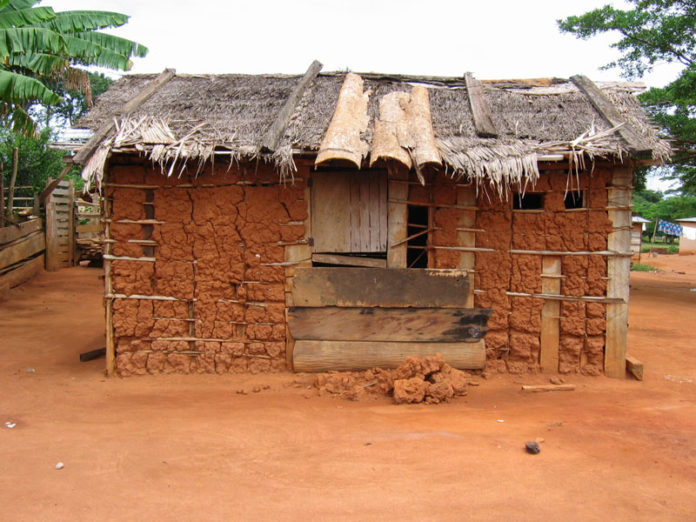Technology and innovative finance key to reaching end users in the value chain through technology: African Development Bank at Global Infrastructure Forum 2018
Innovative finance and new technology will connect underserved populations Results: lower costs for off-grid electricity supply, benefits consumers
New technology and blended finance will help to bridge the “last mile” of the infrastructure gap by getting goods and services to end users, and connecting underserved populations to business value chains, said the African Development Bank (https://www.AfDB.org) during a session at the Global Infrastructure Forum 2018 on Saturday.
This year’s forum themed “Unlocking Inclusive, Resilient, and Sustainable Technology-driven Infrastructure,” took place October 13, 2018, on the sidelines of the World Bank/International Monetary Fund annual meetings. The “last mile” was a crucial topic of discussion during a main panel session of the GIobal Infrastructure Forum 2018, entitled “Achieving the last mile through technology.”
Wale Shonibare, African Development Bank’s Director for Energy Financial Solutions, Policy and Regulation, said the Bank’s commitment to connect millions of households under its New Deal On Energy For Africa (http://bit.ly/2AbbZUZ)- a core component of its Light Up Africa High 5 development priorities – required flexibility and innovation from both a technology and financial perspective.
“We are looking to connect 200 million households to electricity – 75 million of those will be off-grid,” Shonibare, said. “Conventional grids cost, on average, US$2,500 per connection in rural communities, whereas minigrids cost between US$500-1,00 per connection,” he added.
In Cote d’Ivoire the Bank’s approval of a credit guarantee covering part of a guaranteed loan facility to Zola EDF Côte d’Ivoire (ZECI) (http://bit.ly/2ykVh3S), a 50/50 joint venture between Off-Grid Electric (OGE) and EDF, paved the way for them to provide access to approximately 100,000 rural households with pay-as-you-go solar home systems by 2020, Shonibare said.
This operation is the first large-scale local currency financing structure using the securitization technique for the off-grid renewable energy sector in Africa.
Energy projects in Rwanda and Nigeria which had obtained Bank approval, were additional examples of the Bank partnering with the private sector to bring service to end users in innovative ways, Shonibare said.
Other panelists in the session weighing in from backgrounds in law, private sector and development finance, discussed new and green technology, the digital economy, social media and innovation.
Sarquis Jose Buainain Srqis, Vice President for Economic Research, Risk and Strategy and Partnerships NDB, warned that the contribution of MDB’s would still depend on conventional infrastructure -roads, healthcare access, which is why innovation was particularly essential.
Jiang Yang, an entrepreneur from China who has developed a map-based public participation platform focusing on space quality and livelihood issues said data would be essential to the process of creating opportunities for doing business inclusiveness, and improving the livelihood of people.
Given the remarkable improvements in the field, Shonibare said there was no doubt as to the role technology could play in the Light Up drive and other key aspects of the Bank’s development agenda. Smart technologies, creative financing models could facilitate business and inclusiveness, improving livelihoods across the continent.

















